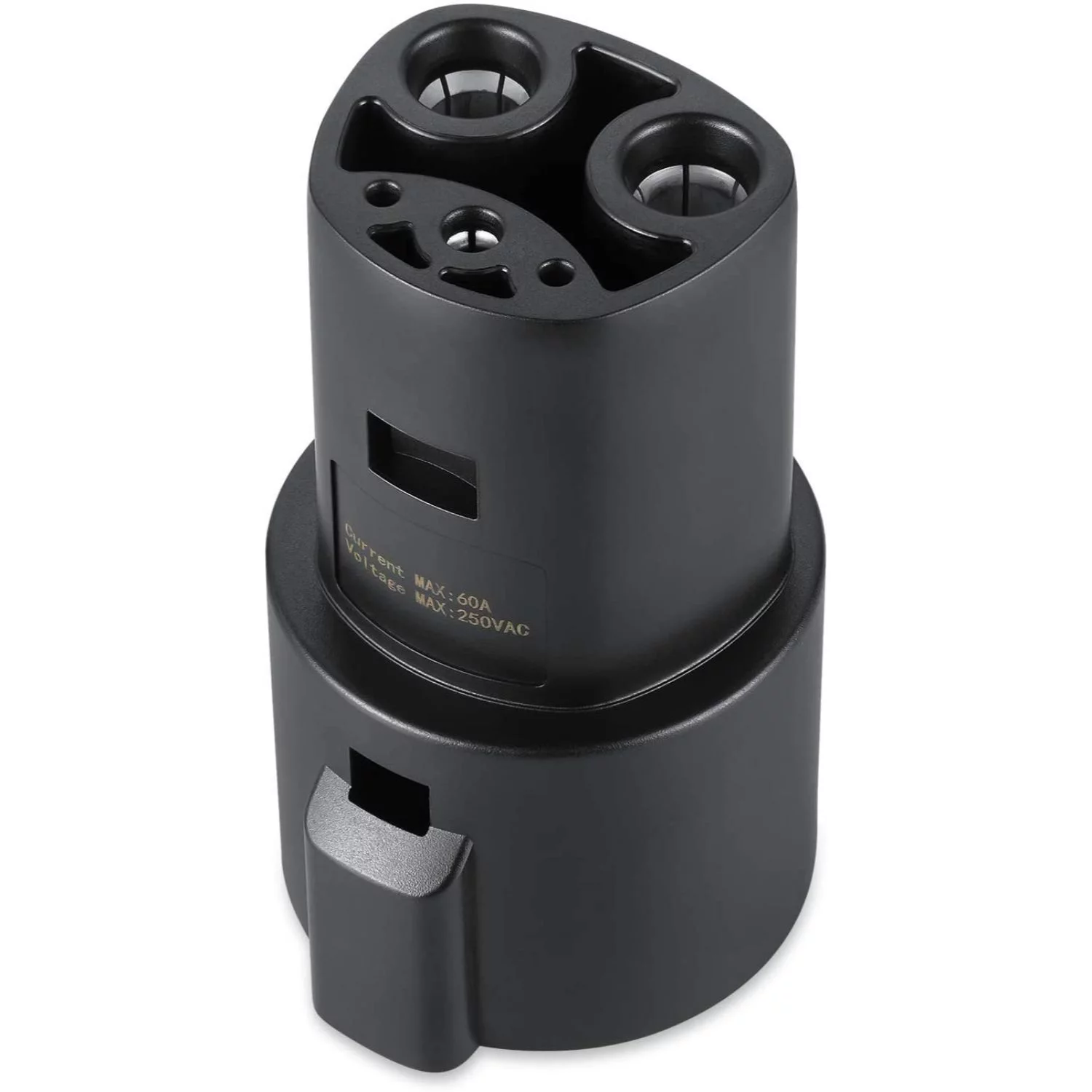

Articles
What Is A J1772 Adapter
Modified: March 1, 2024
Learn everything you need to know about J1772 adapters in this comprehensive article. Get all the information you need to make an informed choice and stay connected.
(Many of the links in this article redirect to a specific reviewed product. Your purchase of these products through affiliate links helps to generate commission for Storables.com, at no extra cost. Learn more)
Introduction
The electric vehicle (EV) market has been growing rapidly in recent years, with more and more drivers making the switch to eco-friendly transportation. As EV ownership becomes increasingly popular, the need for compatible charging solutions has become paramount. One such solution is the J1772 adapter.
In this article, we will delve into the world of J1772 adapters, exploring their functionality, uses, compatibility, and key considerations for choosing the right one. Whether you already own an electric vehicle or are considering making the switch, understanding the role of J1772 adapters can help you navigate the world of EV charging with ease.
So, let’s dive in and explore the fascinating world of J1772 adapters and how they can improve your EV charging experience.
Key Takeaways:
- J1772 adapters provide EV owners with compatibility, convenience, and safety, expanding charging options at public stations, workplaces, and homes, enhancing the overall EV charging experience.
- Prioritize safety and follow guidelines when using J1772 adapters, ensuring proper installation, regular inspections, and adherence to local regulations for a secure and efficient charging process.
Read more: What Is J Channel For Siding
Overview of J1772 Adapters
The J1772 adapter is a device that allows electric vehicle owners to connect to charging stations and outlets that are equipped with the J1772 standard. The J1772 standard, also known as the SAE J1772, is the most common charging standard used for EVs in North America.
J1772 adapters serve as a bridge between the charging infrastructure and the electric vehicle’s charging port, ensuring compatibility and safe charging. These adapters are designed to convert the specific charging port of an EV to the J1772 standard, allowing for hassle-free charging at various public and home charging stations.
The main purpose of a J1772 adapter is to provide convenience and flexibility for EV owners. By having a J1772 adapter on hand, EV owners can easily charge their vehicles at a wider range of charging stations, even if the station does not have a specific charging plug that matches their vehicle’s port.
It’s important to note that J1772 adapters are not universal. They are designed to be compatible with specific EV models and manufacturers. Before purchasing a J1772 adapter, it’s essential to ensure that it is compatible with your electric vehicle to prevent any issues or compatibility conflicts.
In the next sections, we will explore how J1772 adapters work, their key features and benefits, common uses, compatibility with electric vehicles, different types available, factors to consider when choosing one, installation and usage guidelines, safety considerations, and frequently asked questions. By the end of this article, you will have a comprehensive understanding of J1772 adapters and how they can enhance your EV charging experience.
How Does a J1772 Adapter Work?
A J1772 adapter works by acting as a bridge between an electric vehicle’s unique charging port and the standardized J1772 charging stations or outlets. It allows EV owners to connect their vehicles to a J1772-compatible charging infrastructure.
The J1772 adapter consists of two main components: the vehicle-side connector and the charging station-side connector. The vehicle-side connector is designed to fit into the electric vehicle’s charging port, while the charging station-side connector is compatible with the J1772 standard.
When a J1772 adapter is properly plugged into an electric vehicle, it enables the transfer of electric power from the charging station or outlet to the vehicle’s battery. The adapter ensures that the power is safely and efficiently delivered, preventing any compatibility issues or damage to the vehicle’s charging system.
Most J1772 adapters are equipped with safety features to protect the vehicle and the charging infrastructure. These features include advanced locking mechanisms, grounding systems, and communication protocols that enable the transfer of charging information between the vehicle and the charging station.
When an electric vehicle is plugged into a J1772 charging station using an adapter, the station and the vehicle communicate to authenticate the connection and establish the amount of available power. This communication ensures that the charging station provides the appropriate power level based on the vehicle’s specifications and charging capabilities.
Once the connection is established and authenticated, the electric vehicle starts receiving the charging current, allowing the battery to recharge. J1772 adapters support various charging levels, including Level 1 (120V AC) and Level 2 (240V AC), which have different charging speeds.
In summary, a J1772 adapter serves as a compatible link between an electric vehicle and the J1772 charging infrastructure. It enables seamless and safe charging by providing the necessary conversion and authentication mechanisms, ensuring that EV owners have access to a wide range of charging options regardless of their vehicle’s specific charging port.
Key Features and Benefits of J1772 Adapters
J1772 adapters offer a range of features and benefits that enhance the charging experience for electric vehicle owners. Let’s delve into some of the key features and advantages of using a J1772 adapter:
- Compatibility: J1772 adapters are designed to be compatible with specific electric vehicle models and manufacturers, allowing EV owners to connect their vehicles to J1772 charging stations that may not have a matching charging plug.
- Convenience: With a J1772 adapter, EV owners can charge their vehicles at a wider range of public and home charging stations. This expands their charging options and minimizes any limitations or compatibility issues they might encounter.
- Flexibility: J1772 adapters provide flexibility by allowing EV owners to take advantage of the growing network of J1772 charging stations. They can easily charge their vehicles at various locations, whether they are on a road trip or far away from their regular charging setup.
- Safety: J1772 adapters incorporate safety features to protect both the electric vehicle and the charging infrastructure. These features include advanced locking mechanisms, grounding systems, and communication protocols that ensure a safe and reliable charging experience.
- Easy Installation: Installing a J1772 adapter is a simple process. The adapter plugs into the vehicle’s charging port, and the other end attaches to the J1772 charging station. This hassle-free installation allows EV owners to start charging their vehicles quickly and efficiently.
- Cost-effective: By utilizing J1772 adapters, EV owners can take advantage of existing J1772 charging infrastructure, eliminating the need for additional charging equipment or installations. This can result in cost savings compared to alternative charging options.
- Future-proofing: J1772 adapters ensure that EV owners are ready for future developments in the charging technology landscape. As new charging standards emerge, adapters can provide compatibility with upcoming charging protocols without the need for extensive upgrades or replacements.
Overall, J1772 adapters offer a convenient, reliable, and cost-effective solution for EV owners to connect their vehicles to J1772 charging stations. These adapters provide compatibility, flexibility, and safety, making the charging process seamless and efficient. By incorporating a J1772 adapter into their charging toolkit, EV owners can enjoy the benefits of an extended charging network and a hassle-free charging experience.
Common Uses of J1772 Adapters
J1772 adapters serve various purposes and can be utilized in different scenarios to meet the charging needs of electric vehicle (EV) owners. Here are some common uses of J1772 adapters:
- Public Charging Stations: Public charging stations are an essential part of the EV charging infrastructure. Many public charging stations use the J1772 standard, and having a J1772 adapter allows EV owners to connect and charge their vehicles at these stations. This opens up a wide range of charging options in public spaces such as parking lots, shopping centers, and rest areas.
- Workplace Charging: Many companies are installing EV charging stations at their workplaces to support the growing number of employees with electric vehicles. These workplace charging stations often use the J1772 standard, making a J1772 adapter crucial for employees who own electric vehicles. With an adapter, they can conveniently charge their vehicles during their work hours, ensuring they have sufficient range for their daily commute.
- Residential Charging: Residential charging solutions, such as home charging stations or wall-mounted outlets, can benefit from the use of J1772 adapters. If an EV owner has a residential charging setup that does not have a matching plug for their vehicle, a J1772 adapter can bridge the gap and allow them to charge their vehicle at home without the need for expensive modifications or upgrades.
- Travel and Road Trips: J1772 adapters play a significant role in enabling EV owners to embark on long-distance travel and road trips. Public charging networks, such as those found along major highways or in rural areas, often provide J1772 charging stations. Having a J1772 adapter ensures that EV owners can connect to these stations and recharge their vehicles during their journeys, providing peace of mind and extending the range of travel possibilities.
- Charging at Other EV Owners’ Residences: In situations where an EV owner visits a friend, family member, or colleague who owns an electric vehicle, but with a different make or model, a J1772 adapter can be useful. It enables charging from the host’s residential charging setup, even if it does not have the exact charging plug required for the visiting vehicle.
These are just a few examples of the common uses of J1772 adapters. The flexibility and compatibility they offer make them a valuable tool for EV owners, allowing them to take advantage of various charging options and expand their charging capabilities. Whether it’s charging in public spaces, at the workplace, or during travel, J1772 adapters empower EV owners to make the most of the available charging infrastructure.
Read more: What Is An Adapter
Compatibility with Electric Vehicles
When it comes to J1772 adapters, compatibility is key. These adapters are designed to bridge the gap between electric vehicles (EVs) with unique charging ports and the standardized J1772 charging infrastructure. However, it’s important to note that J1772 adapters are not universally compatible with all electric vehicle models.
Each electric vehicle manufacturer may have its own specific charging port design and connector type. Therefore, J1772 adapters are typically tailored to be compatible with certain EV models or manufacturers. Some adapters are designed for specific makes and models, while others may have broader compatibility with a range of electric vehicles.
Before purchasing a J1772 adapter, it is crucial to ensure that it is compatible with your specific electric vehicle. Check the compatibility list provided by the adapter manufacturer to confirm that it supports your make and model. This will ensure a seamless connection and charging experience.
Additionally, it’s important to consider the charging capability of your electric vehicle. J1772 adapters support various charging levels, including Level 1 and Level 2 charging.
Level 1 charging typically uses a standard household 120V AC outlet and provides a slower charging rate. J1772 adapters for Level 1 charging are more common and widely available.
Level 2 charging, on the other hand, requires a dedicated 240V AC charging station and provides faster charging speeds. If your electric vehicle is capable of Level 2 charging, make sure that the J1772 adapter you choose supports this level of charging to fully utilize the charging capabilities of your vehicle.
It’s worth noting that newer electric vehicle models are moving towards fast charging systems using DC fast chargers, which typically have their own specific connectors and protocols. J1772 adapters do not typically support DC fast charging options.
In summary, J1772 adapters offer compatibility between electric vehicles and the J1772 charging infrastructure. However, before purchasing an adapter, it’s crucial to verify its compatibility with your specific make and model. Understanding the charging capabilities of your electric vehicle and ensuring compatibility with the J1772 adapter will help you make the most of the available charging options and keep your electric vehicle powered up where and when you need it.
When using a J1772 adapter, always ensure that the charging station and the vehicle are compatible with the adapter to avoid any damage or malfunction.
Types of J1772 Adapters
There are several types of J1772 adapters available on the market, each designed to cater to specific electric vehicle (EV) charging needs. Let’s explore some of the common types of J1772 adapters:
- Basic J1772 Adapter: A basic J1772 adapter is the standard adapter that allows EV owners to connect their vehicles to J1772 charging stations. It features a J1772 connector on one end and the specific charging port connector for the EV on the other end. This type of adapter ensures compatibility with the J1772 standard and allows for safe and efficient charging.
- Extension Cord Adapter: An extension cord adapter is a J1772 adapter that incorporates an extension cord, providing added flexibility and reach during charging. This type of adapter is useful when the charging station is located further away from the electric vehicle or when there is limited accessibility to the station. The extension cord adapter typically features a J1772 connector, an extension cord, and the specific connector for the EV’s charging port.
- Adapter with Locking Mechanism: Some J1772 adapters come with a built-in locking mechanism to ensure a secure and stable connection between the charging station and the electric vehicle. This type of adapter includes additional features such as a lock that holds the adapter in place during the charging process, preventing accidental disconnection or tampering.
- Adapter with Charging Status Display: Certain J1772 adapters feature a charging status display, which provides real-time information about the charging process. This display may indicate the current charging level, charging time, or any errors or issues that may arise during the charging session. Having this information readily available can help EV owners monitor the charging progress and ensure a smooth charging experience.
- Adapter with Multiple Connectors: Some J1772 adapters are designed with multiple connectors to accommodate different electric vehicle models or connector types. These adapters offer versatility, allowing EV owners to charge multiple vehicles with different charging ports using a single adapter. This can be especially useful in situations where there are multiple EVs with different charging requirements.
- Adapter with Enhanced Power Management: Certain J1772 adapters may incorporate enhanced power management capabilities. These adapters allow EV owners to customize or limit the charging power based on their preferences or charging infrastructure limitations. This feature can be particularly useful for those who need to manage their power usage or charge their vehicles in locations with limited power availability.
Before selecting a J1772 adapter, it’s important to assess your specific charging needs and requirements. Consider factors such as the type of charging stations you commonly use, the distance between the charging station and your electric vehicle, and any additional features or functionalities that would enhance your charging experience. By choosing the right type of J1772 adapter, you can ensure seamless compatibility and maximize the convenience and efficiency of your EV charging setup.
Factors to Consider When Choosing a J1772 Adapter
When selecting a J1772 adapter for your electric vehicle (EV) charging needs, it’s important to consider several key factors. These factors will help ensure that the adapter you choose is compatible, safe, and suitable for your specific requirements. Here are some factors to consider when choosing a J1772 adapter:
- Compatibility: The first and most crucial factor is compatibility. Verify that the J1772 adapter is compatible with your electric vehicle’s make and model. Check the compatibility list provided by the adapter manufacturer to ensure a seamless connection and charging experience.
- Charging Levels: Determine the charging level your electric vehicle supports. J1772 adapters are available for both Level 1 (standard household outlet) and Level 2 (dedicated charging station) charging. Select an adapter that supports the appropriate charging level for your EV to maximize charging speed and efficiency.
- Quality and Safety: Safety should be a top priority when selecting a J1772 adapter. Look for adapters from reputable manufacturers that meet industry standards for safety and reliability. Consider features such as advanced locking mechanisms, grounding systems, and communication protocols to ensure a secure and safe charging experience.
- Built-in Features: Consider any additional features or functionalities offered by the J1772 adapter. Some adapters may include features like locking mechanisms, charging status displays, or enhanced power management capabilities. Assess the importance of these features based on your charging requirements and preferences.
- Build Quality and Durability: Assess the build quality and durability of the J1772 adapter. Look for adapters made with high-quality materials that can withstand regular use and environmental conditions. A durable adapter will ensure long-lasting performance and reliability.
- Pricing: Consider your budget when selecting a J1772 adapter. Prices can vary based on the brand, features, and build quality of the adapter. It’s important to strike a balance between affordability and quality to ensure the best value for your money.
- User Reviews: Read user reviews and customer feedback about the J1772 adapter you are considering. This will provide insights into the experiences of other EV owners who have used the adapter, helping you make an informed decision.
By considering these factors, you will be able to select a J1772 adapter that is compatible, safe, reliable, and suitable for your electric vehicle charging needs. Taking the time to research and choose the right adapter will ensure a smooth and efficient charging experience, allowing you to keep your electric vehicle powered up and ready for the road.
Installation and Usage Guidelines for J1772 Adapters
Installing and using a J1772 adapter correctly is crucial for a safe and efficient charging experience. Here are some guidelines to follow when installing and using a J1772 adapter:
- Choose a Compatible Charging Station: Ensure that the J1772 charging station or outlet you plan to use is compatible with J1772 adapters. The station should have the appropriate connector for the J1772 adapter to plug into.
- Inspect the Adapter: Before installation, carefully inspect the J1772 adapter for any signs of damage or wear. If you notice any issues, do not use the adapter and seek a replacement from the manufacturer or authorized retailer.
- Turn Off the Electric Vehicle: Before connecting the J1772 adapter to your electric vehicle, make sure to turn off the vehicle and ensure that it is not currently charging. This step is essential for safety and preventing any electrical accidents.
- Connect the Adapter: Insert the J1772 adapter into the vehicle’s charging port, ensuring a secure fit. Use gentle pressure to avoid damaging either the adapter or the vehicle’s port. Make sure the adapter is fully inserted and locked in place if it has a locking mechanism.
- Plug into the Charging Station: Connect the other end of the J1772 adapter to the J1772 charging station or outlet. Ensure it is securely plugged in to establish a proper electrical connection. Some adapters may have a locking feature that secures the connection, providing added safety and stability.
- Power On the Charging Station: Once the J1772 adapter is properly connected, power on the charging station or outlet. Follow any specific instructions provided by the charging station, such as activating the charging session with a fob or app, if required.
- Monitor the Charging Process: While the vehicle is charging, monitor the charging progress and any displayed information on the charging station or adapter, if applicable. Be aware of any abnormal or error messages that may indicate a problem with the charging process.
- Charge Monitoring and Safety Precautions: Do not leave your vehicle unattended while charging. It is important to regularly check the charging status and ensure that the charging process is functioning correctly. Follow any specific safety guidelines provided by the vehicle manufacturer and the charging station operator.
- Properly Disconnect the Adapter: When the charging session is complete, power off the charging station and unplug the J1772 adapter from both the vehicle and the charging station. Store the adapter in a safe place for future use. Ensure that the vehicle’s charging port is protected and free from any debris.
By following these installation and usage guidelines, you can effectively and safely use a J1772 adapter for charging your electric vehicle. It’s crucial to prioritize safety, monitor the charging process, and be aware of any specific instructions provided by the vehicle manufacturer and the charging station operator. With proper installation and usage, you can enjoy a reliable and efficient charging experience with your J1772 adapter.
Read more: What Is A Lug Adapter
Safety Considerations and Precautions
When using a J1772 adapter for charging your electric vehicle (EV), it is important to prioritize safety and follow certain precautions. Here are some safety considerations and precautions to keep in mind:
- Manufacturer Guidelines: Follow the guidelines and instructions provided by the adapter manufacturer and your electric vehicle’s manufacturer. These guidelines will ensure safe and proper usage of the J1772 adapter and help prevent any potential issues or accidents.
- Recognize Warning Signs: Be aware of any warning signs indicating a problem with the adapter or the charging process. If you notice any unusual sounds, smells, or abnormalities during charging, disconnect the adapter and consult a qualified electrician or contact the adapter manufacturer for assistance.
- Avoid Exposure to Water and Moisture: Keep the J1772 adapter and all electrical components away from water or moisture. Water exposure can result in electrical shorts or even electric shock. If you are charging your vehicle outdoors or in wet conditions, take appropriate precautions to protect the adapter and the charging connection from water exposure.
- Keep the Adapter Clean: Keep the J1772 adapter clean and free from dirt, dust, or debris. A clean adapter ensures a secure and reliable electrical connection. Inspect the adapter regularly and clean it as needed, following the cleaning instructions provided by the manufacturer.
- Avoid Overloading the Electrical System: Be mindful of the electrical capacity of the charging station and the circuit you are using. Avoid overloading the electrical system by using the appropriate power source and socket. Consult a qualified electrician if you have concerns about the electrical capacity and safety of your charging setup.
- Secure Connection: Ensure a secure connection between the J1772 adapter, the vehicle’s charging port, and the charging station. A loose or unstable connection can result in inefficient charging or heat buildup, which can potentially damage the adapter or cause a safety hazard. Double-check the connection before starting the charging process.
- Regular Inspections: Periodically inspect the J1772 adapter for any signs of wear, damage, or loose connections. If you notice any issues, discontinue use of the adapter and seek a replacement or professional assistance from the manufacturer or an authorized retailer.
- Adhere to Local Regulations: Familiarize yourself with the local regulations and codes regarding the installation and usage of EV charging equipment. Different regions may have specific requirements and safety guidelines to follow. Ensure compliance with these regulations to ensure the safety of your charging setup.
Prioritizing safety and adhering to these considerations and precautions will help ensure a safe and reliable charging experience with your J1772 adapter. Regular inspections, following manufacturer guidelines, and being mindful of potential hazards will contribute to a problem-free and secure charging process for your electric vehicle.
Frequently Asked Questions (FAQs) about J1772 Adapters
Here are some frequently asked questions (FAQs) about J1772 adapters:
- Q: What is a J1772 adapter?
- Q: Are J1772 adapters compatible with all electric vehicle models?
- Q: Can I use a J1772 adapter for fast charging?
- Q: Can I leave the J1772 adapter plugged into my vehicle after charging is complete?
- Q: Can I use a J1772 adapter with my residential charging setup?
- Q: Are J1772 adapters universal?
A: A J1772 adapter is a device that allows electric vehicle (EV) owners to connect their vehicles to charging stations or outlets using the standardized J1772 charging standard. It bridges the gap between the unique charging ports of different EV models and the J1772 charging infrastructure.
A: No, J1772 adapters are designed for specific EV models and manufacturers. It’s important to ensure the adapter you choose is compatible with your electric vehicle. Check the compatibility list provided by the adapter manufacturer to confirm compatibility.
A: No, J1772 adapters are not meant for fast charging. Most fast charging options, such as DC fast chargers, have their own specific connectors and protocols. J1772 adapters are typically used for Level 1 and Level 2 charging, which have a slower charging speed than fast charging options.
A: It is generally recommended to unplug the J1772 adapter from your electric vehicle after the charging session is complete. This helps prevent any accidental damage to the adapter or the vehicle’s charging port and reduces the risk of electrical hazards.
A: Yes, J1772 adapters can be used with residential charging setups, such as home charging stations or wall-mounted outlets. They allow EV owners to connect their vehicles to their residential charging setup even if it does not have a matching charging plug.
A: J1772 adapters are not universal. They are designed for specific electric vehicle models and manufacturers. Ensure that the J1772 adapter you choose is compatible with your electric vehicle to ensure a proper and safe connection.
These are just a few common FAQs about J1772 adapters. If you have additional questions or concerns, it’s always best to consult the manufacturer or seek guidance from a knowledgeable professional. Understanding the role and usage of J1772 adapters will help you make informed decisions about charging your electric vehicle and ensure a seamless charging experience.
Conclusion
J1772 adapters play a vital role in expanding the charging options for electric vehicle (EV) owners. These adapters bridge the gap between the J1772 charging standard and the unique charging ports of different EV models, allowing for seamless and convenient charging at various public and home charging stations.
By choosing the right J1772 adapter, EV owners can enjoy the benefits of compatibility, convenience, and flexibility. J1772 adapters open up the possibilities for charging at public stations, workplace charging setups, residential charging stations, and even during travel and road trips.
When choosing a J1772 adapter, consider factors such as compatibility, charging levels, quality and safety, built-in features, build quality, pricing, and user reviews. These considerations will help you select an adapter that suits your specific needs, ensuring a safe and efficient charging experience for your EV.
It’s important to follow the installation and usage guidelines provided by the adapter manufacturer and electric vehicle manufacturer. Prioritize safety by recognizing warning signs, avoiding exposure to water, and keeping the adapter clean. Regular inspections, adhering to local regulations, and following safety precautions will contribute to a secure and trouble-free charging process.
In conclusion, J1772 adapters provide EV owners with the flexibility and compatibility needed to charge their vehicles at a variety of charging stations. By understanding the functionalities, benefits, and safety considerations of J1772 adapters, EV owners can maximize their charging possibilities and enjoy the convenience of an expanding EV charging infrastructure.
Frequently Asked Questions about What Is A J1772 Adapter
Was this page helpful?
At Storables.com, we guarantee accurate and reliable information. Our content, validated by Expert Board Contributors, is crafted following stringent Editorial Policies. We're committed to providing you with well-researched, expert-backed insights for all your informational needs.
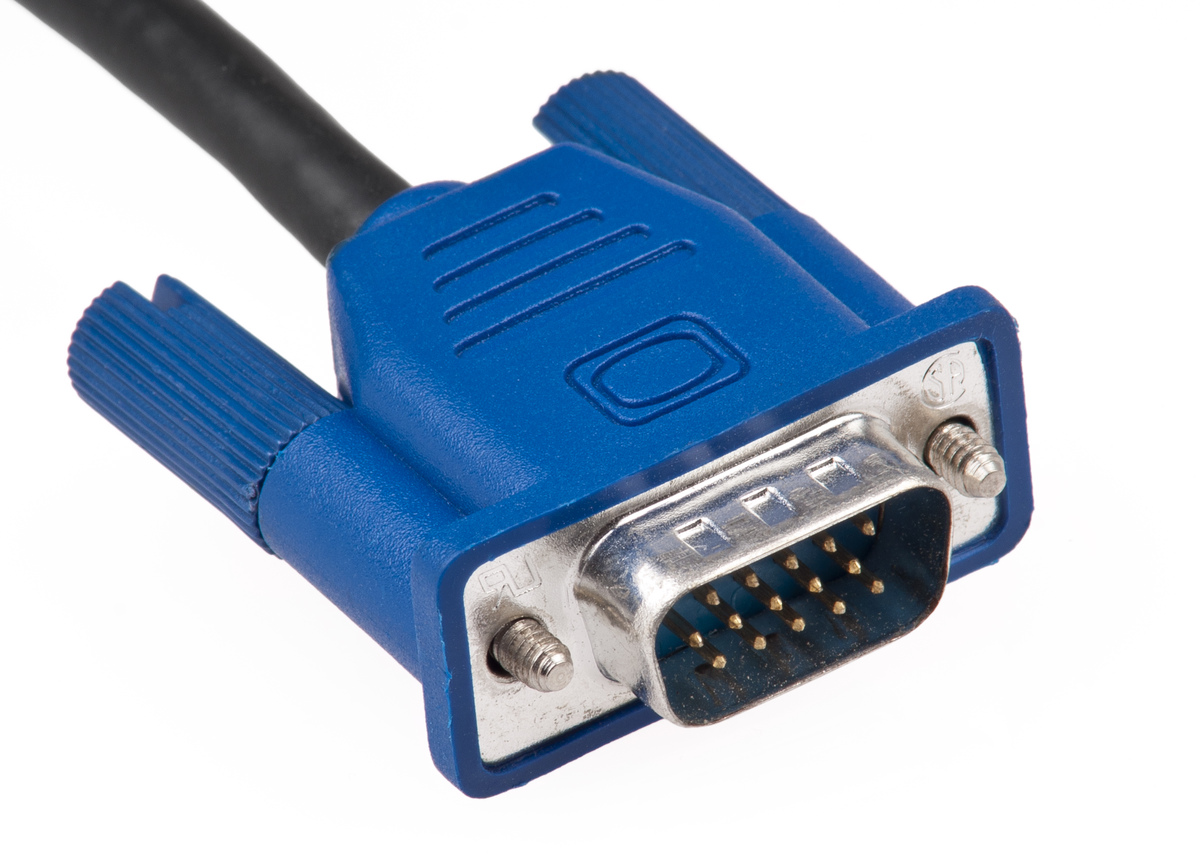
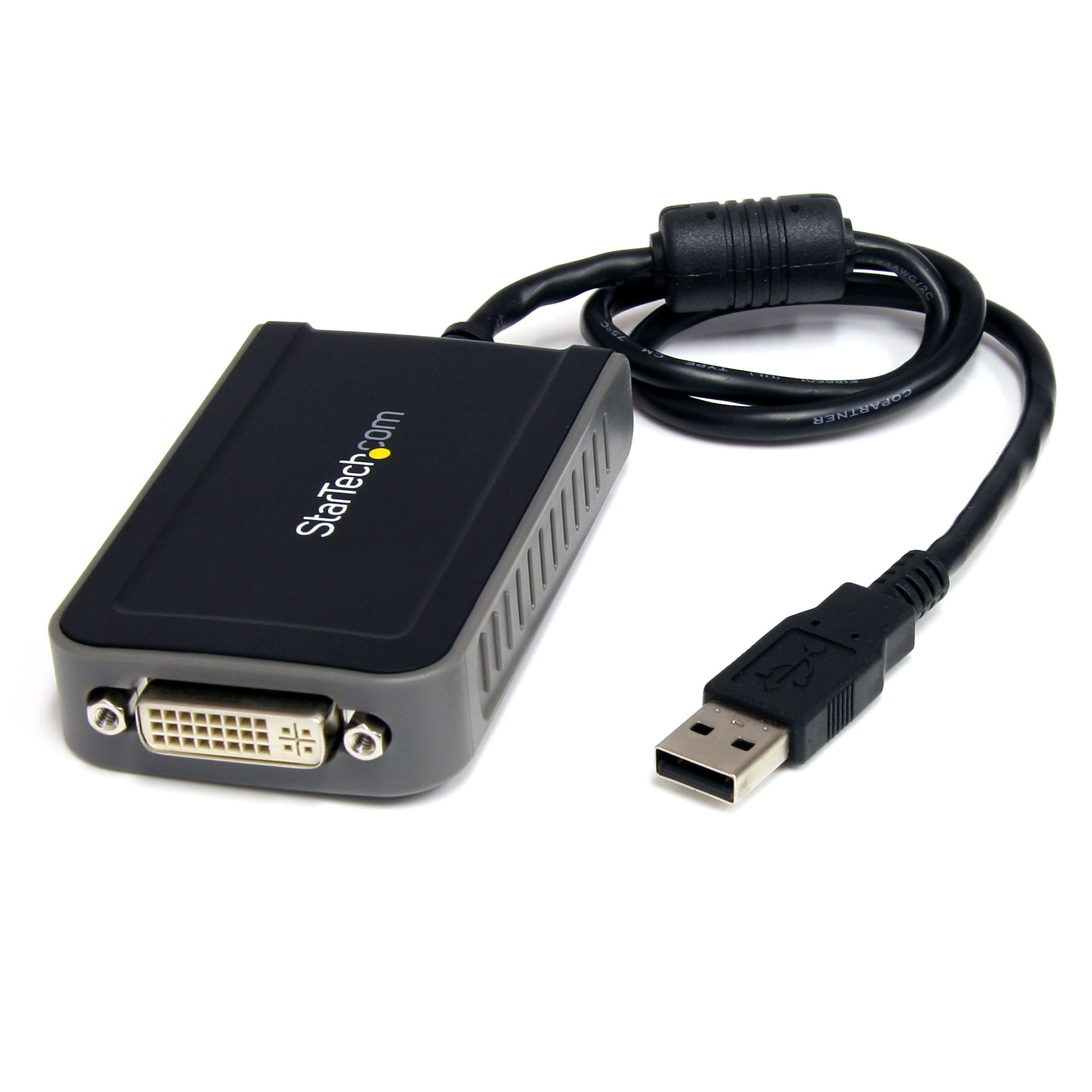
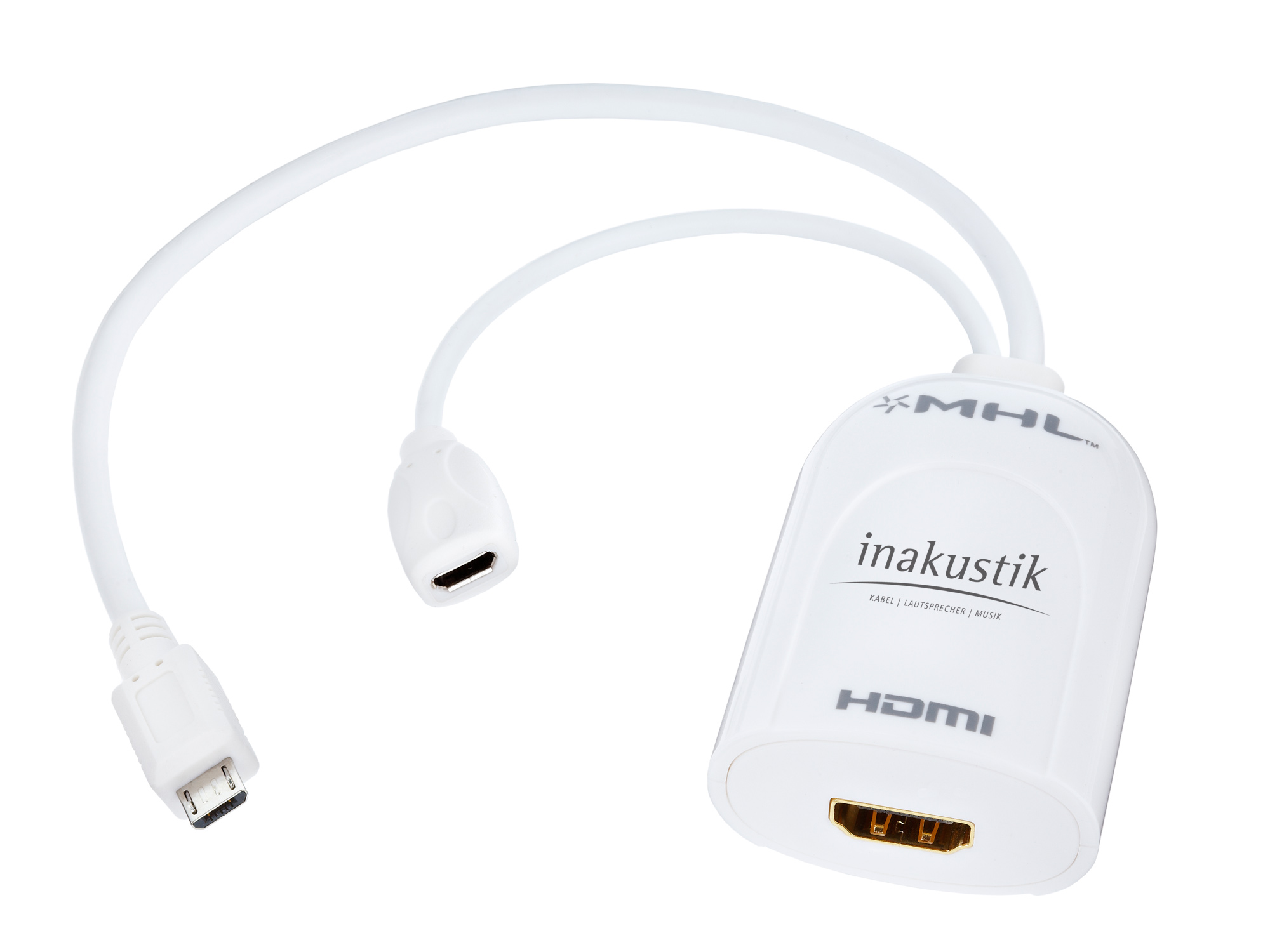
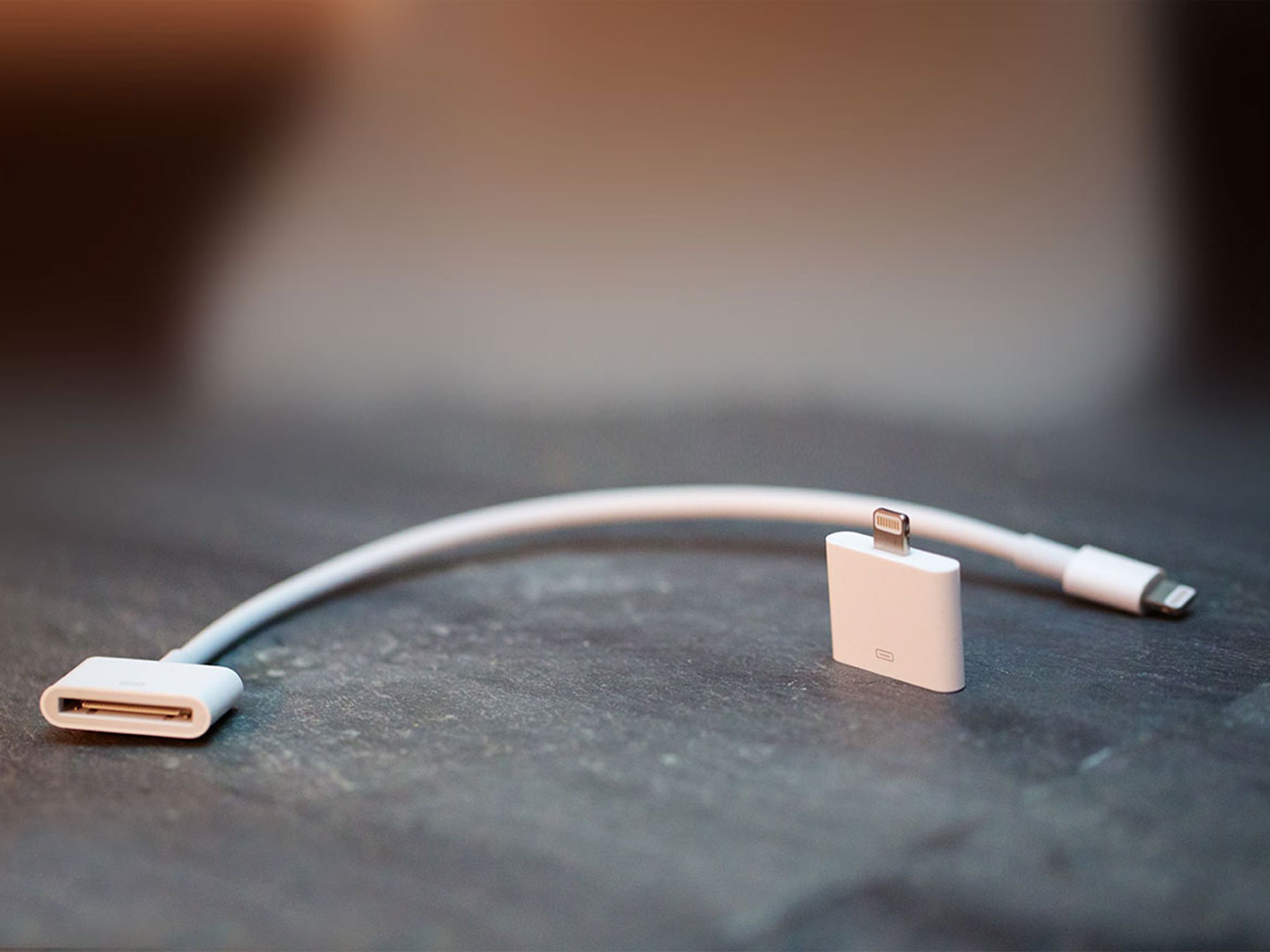
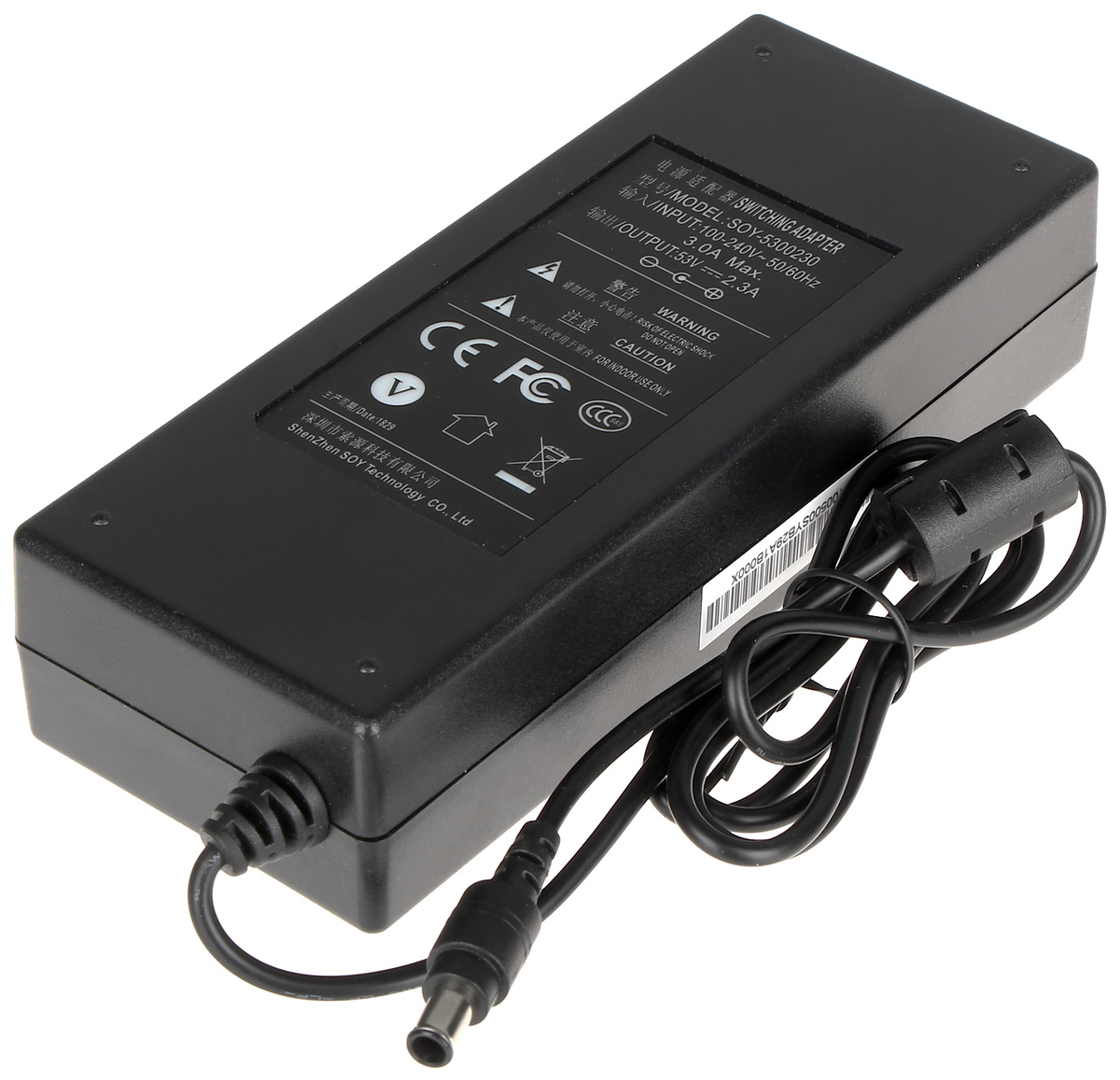
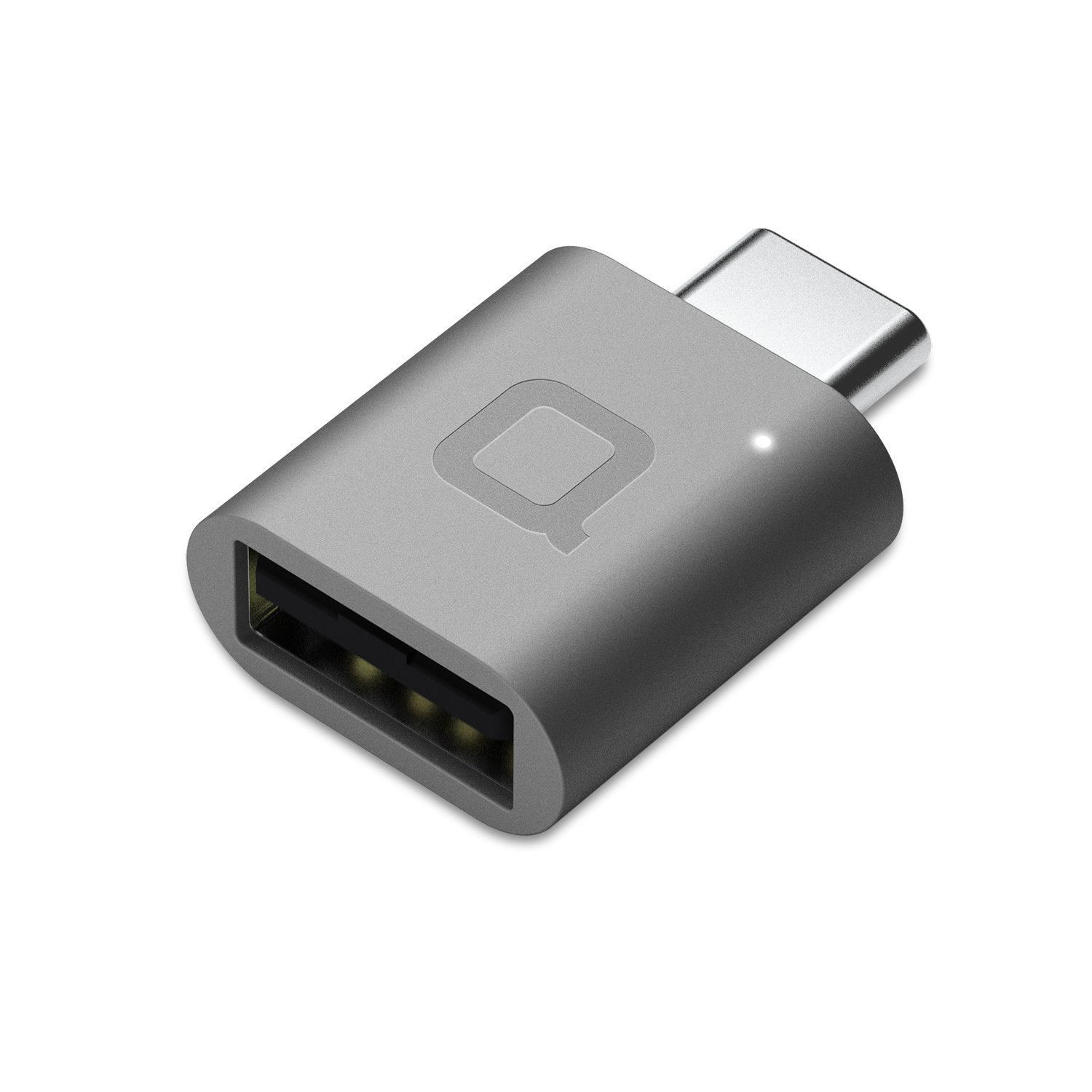
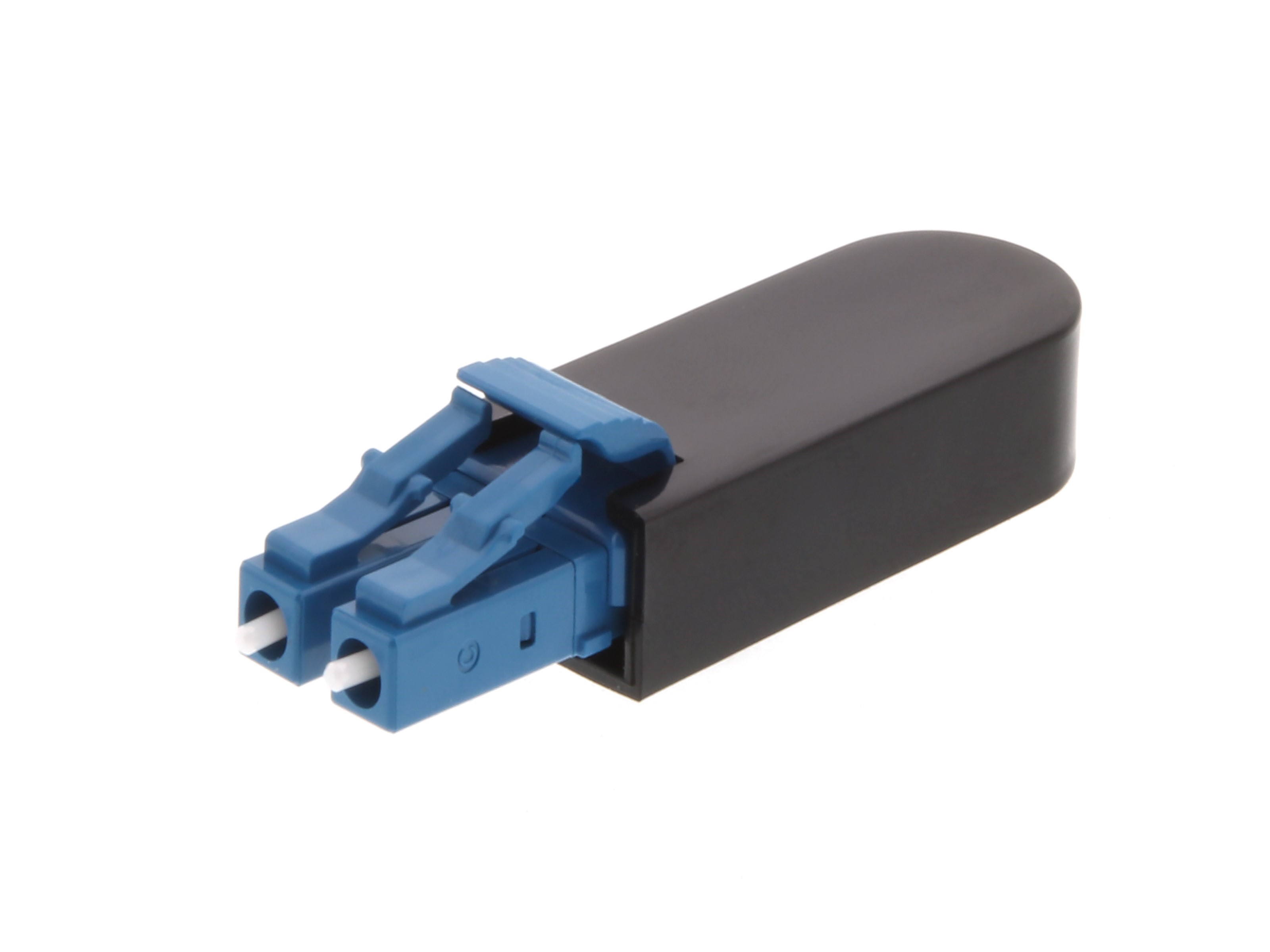
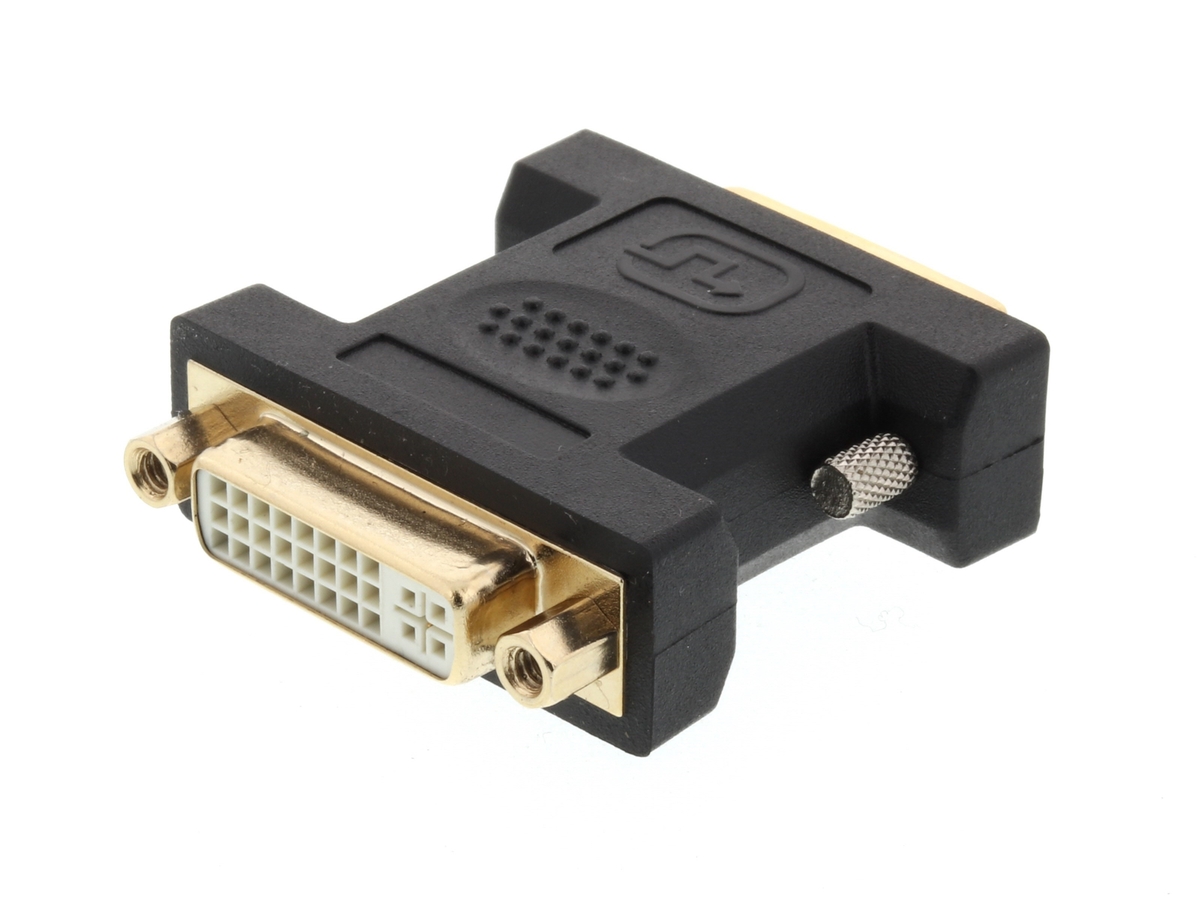
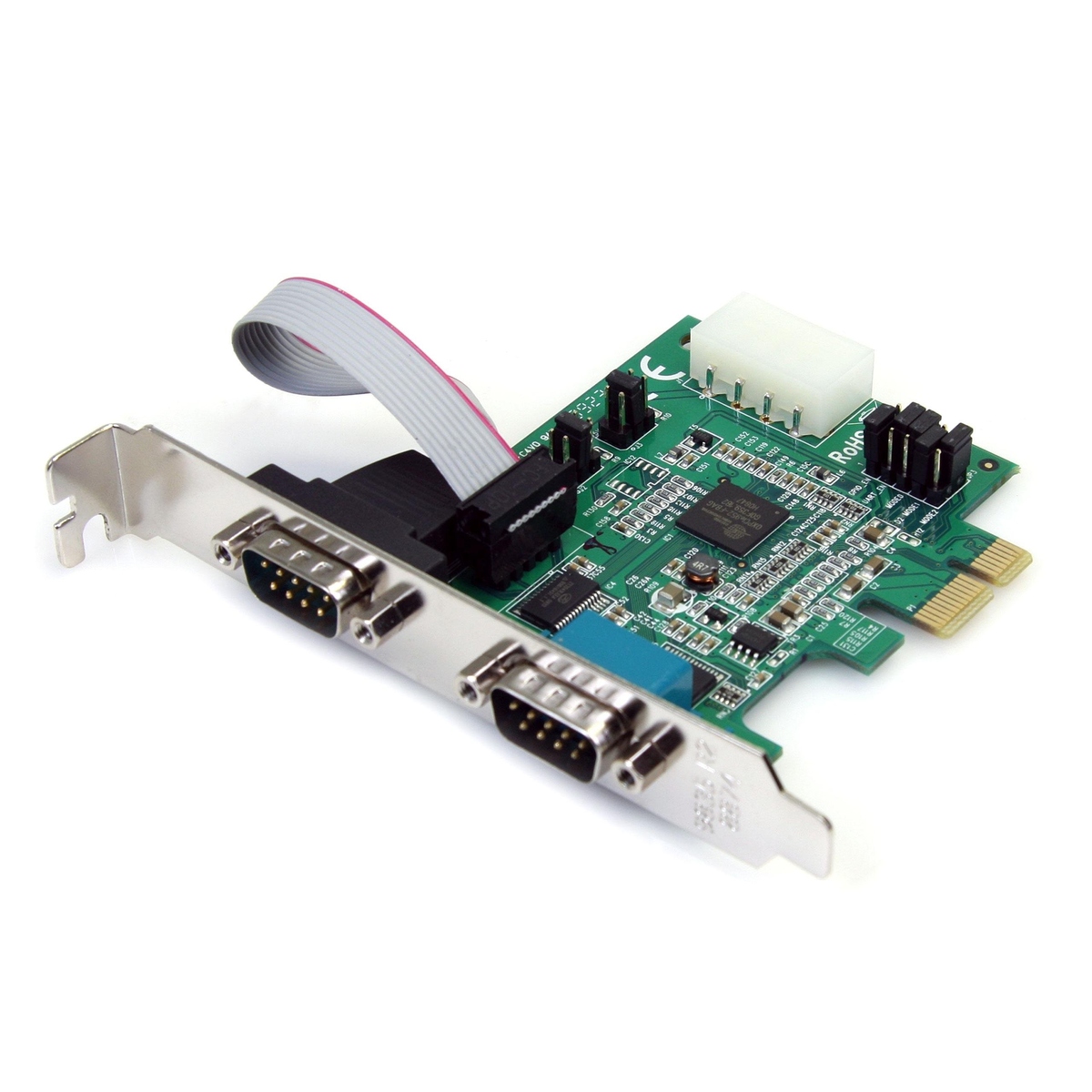
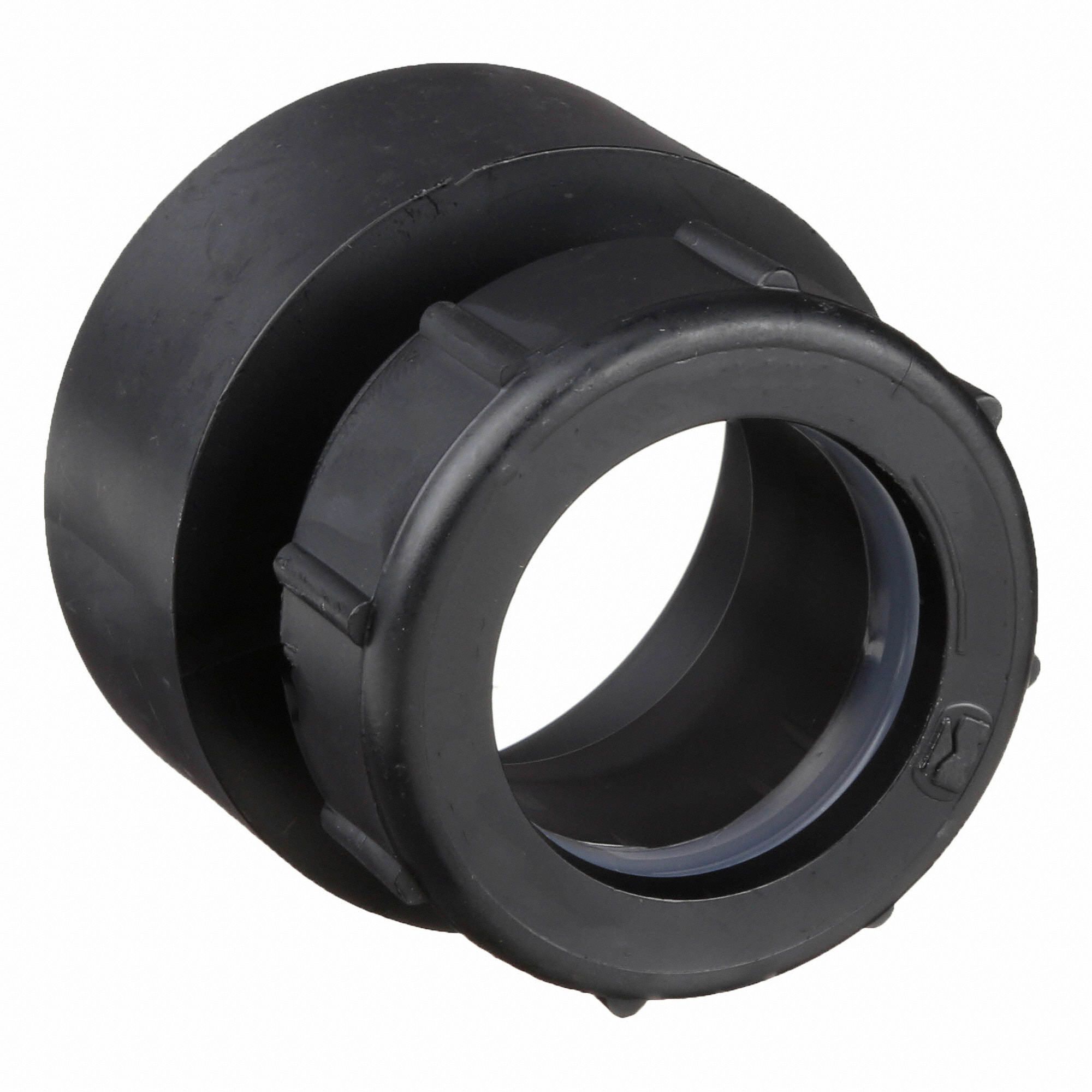
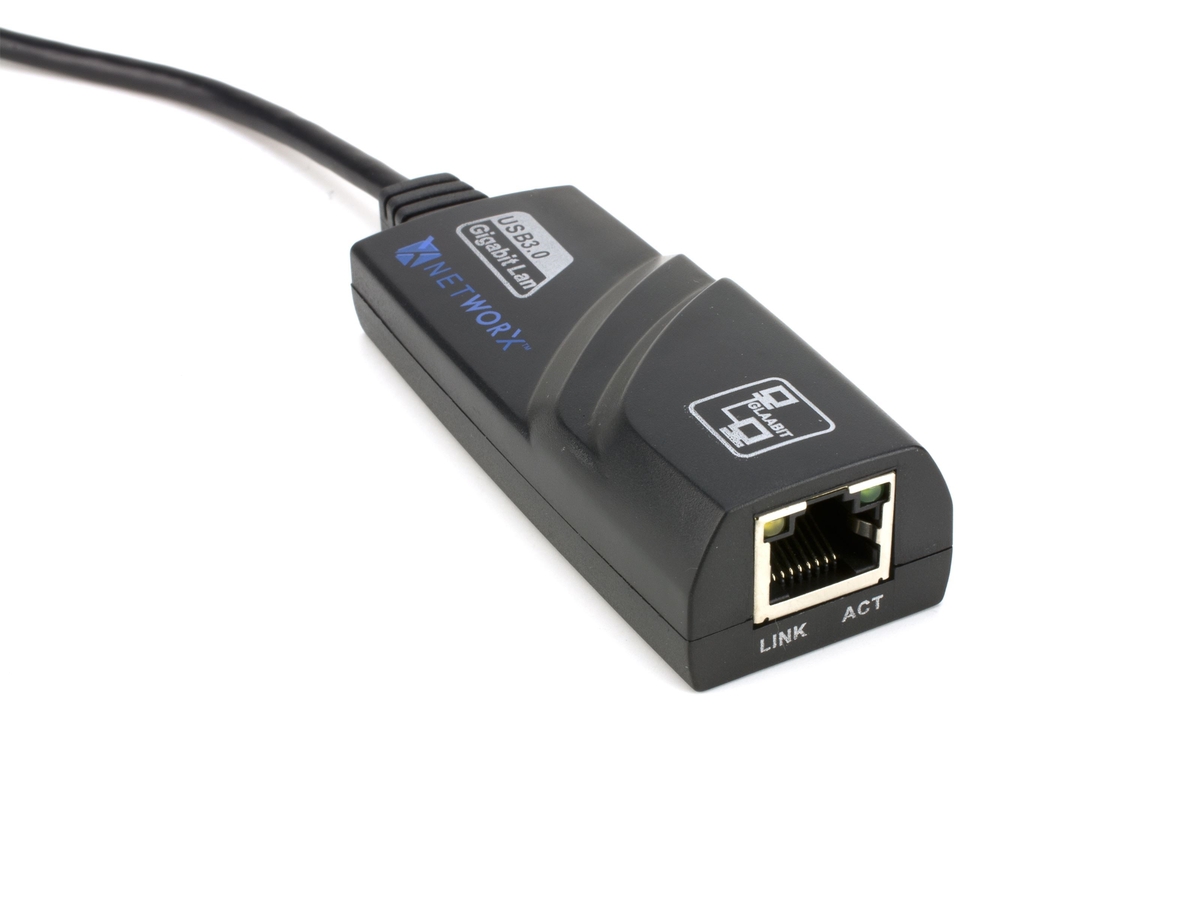
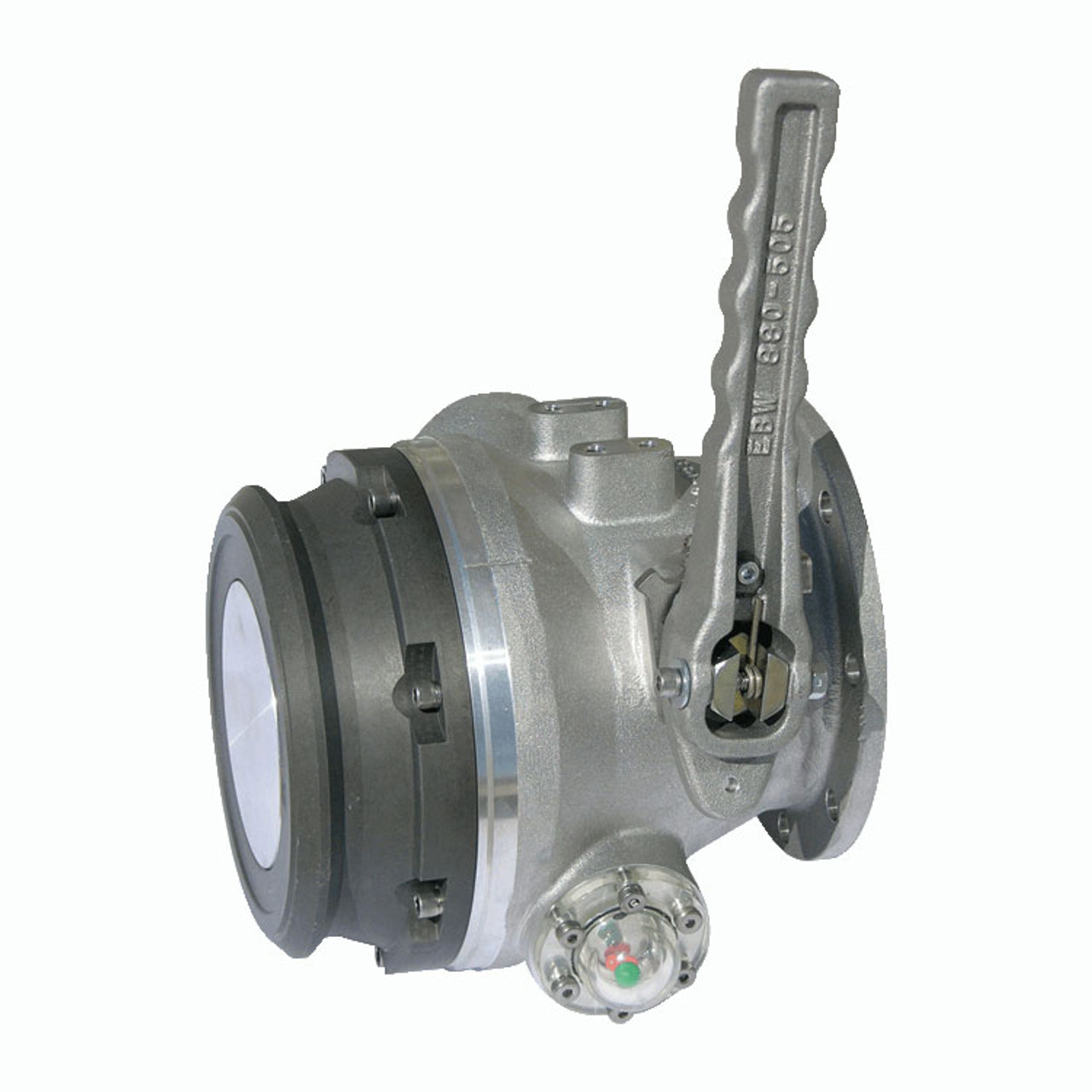
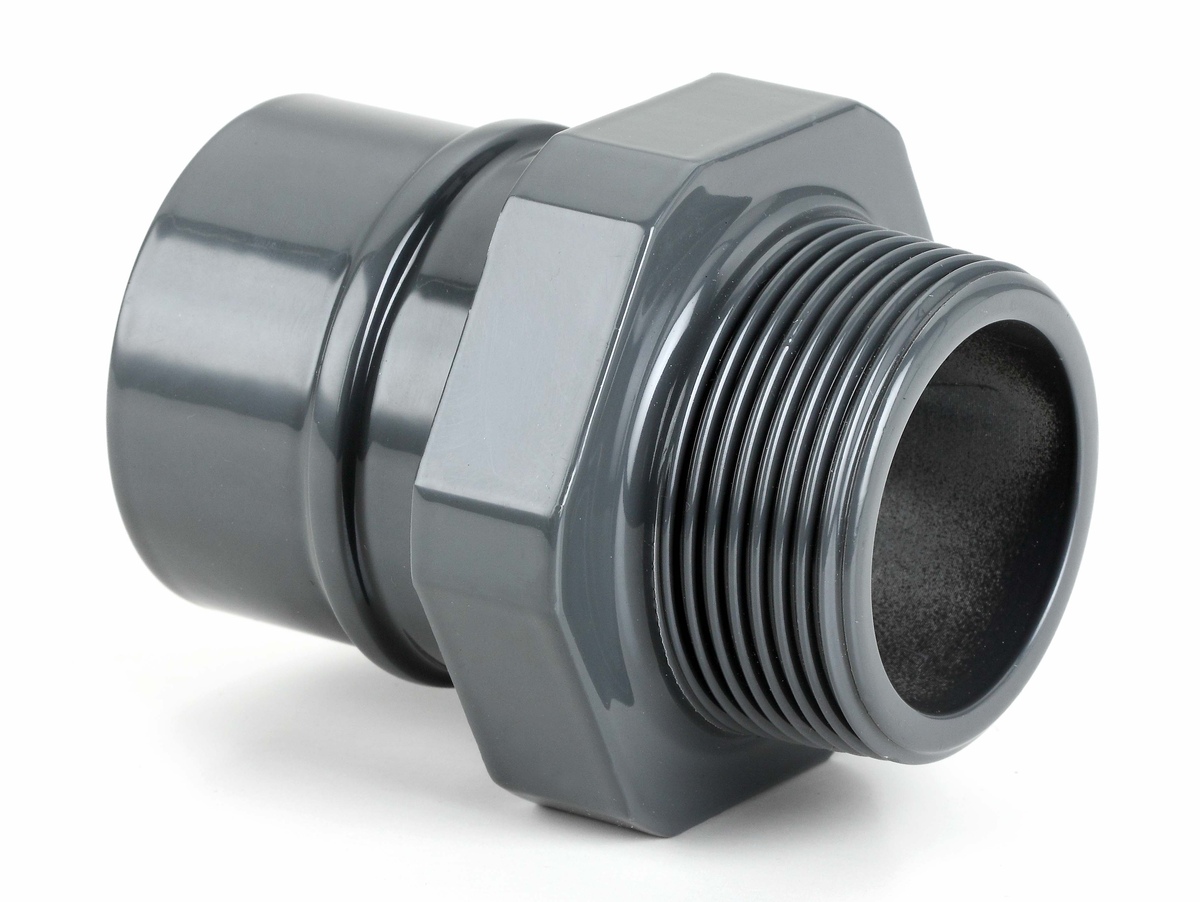

0 thoughts on “What Is A J1772 Adapter”